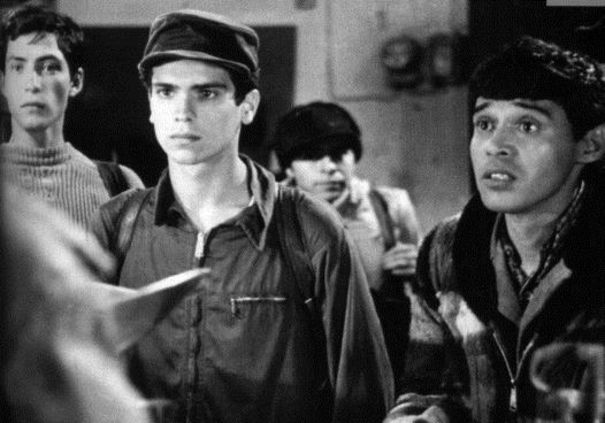Canoa: the metaphor of an elusive Mexico
by Karina Paz Ernand

“We had the taken the formal decision of being witnesses of our time." This is how the Mexican director Felipe Cazals remembered the convulsive 70's epoch, during the Gala of his memorable Canoa in the frame of the 31st International Film Festival in Guadalajara.
The film which in 1976 was awarded with the Silver Bear and the Jury's Special Prize at Berlin's Film Festival, and which has become part of the Criterion Collection, remains incredibly current after 40 years since it was premiered.
With a screenplay by Tomás Pérez Turrent and based on the lynching of a group of young workers from the University of Puebla, who in 1968, in a social context of anti-communist fight, were labelled as radical students in the town of San Miguel Canoa, the film explores the different layers of Mexican violence. From the manipulation of the church and the State's instances, to the impunity, the political repression and the religious fanatism, Canoa returns to issues that unfold an air of universality.
Its freshness is not only appreciated in the political and social reading of the plot, but in the incredibly current exploration of the potentials of the filmic discourse. The mixture between diverse cinematographic genres, the rupture with the notion of the "fourth wall" with characters who call on the spectator, and the distanced positioning of a camera which opts for the still shot, are only a few brushstrokes of the visionary spirit of a film that would pave the way for the future generations of filmmakers.
Canoa and its poetic aesthetics are more alive than ever. It takes us, according to Cazals' own words to "(...) that Mexico which is still present and doesn't show its face."

